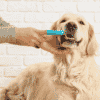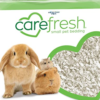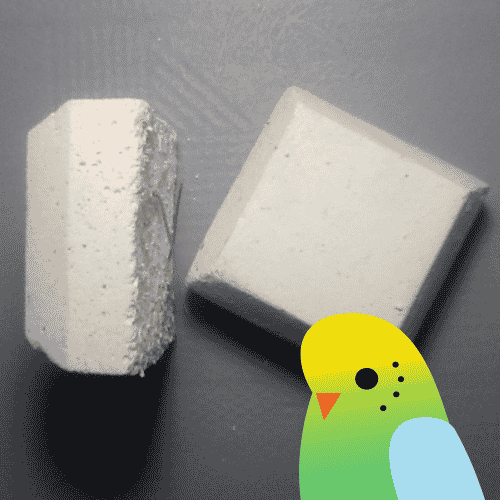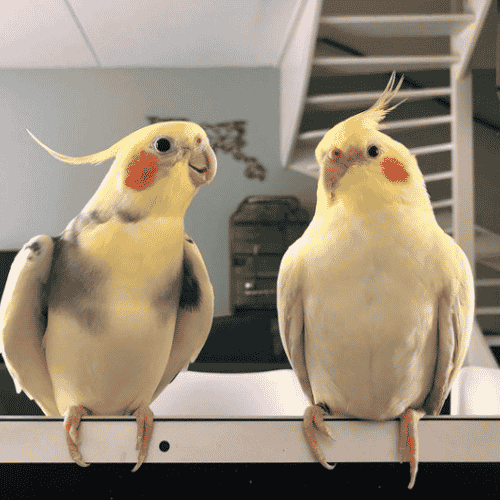Cockatiels are a popular choice of pet bird across the US. These tiny birds are adored for their playful and affectionate nature and intelligence. However, cockatiel owners are often concerned about several behaviors exhibited by these pets. One of the most common complaints is the cockatiel’s beak grinding behavior.
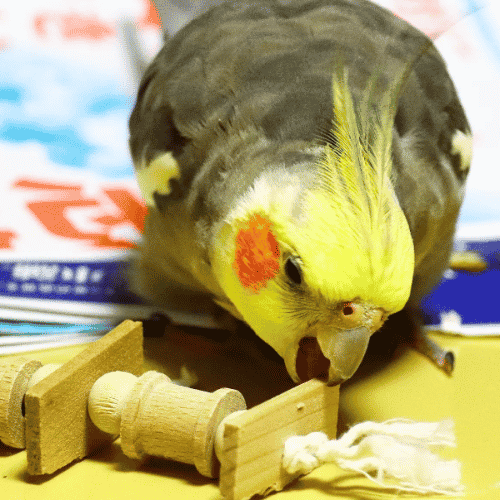
If you hear a scratching sound made by your cockatiel every now and then, it is natural to wonder whether beak grinding is normal or a matter of concern. In this guide, let us discuss all you should know about cockatiel beak grinding to help you tackle this behavior in your pet bird.
Cockatiel Beak Grinding – A Complete Guide
You might have noticed a scraping sound coming from your cockatiel’s cage which seems strange and concerning. However, the noise is made by the bird’s beak as it grinds against itself and occurs when it is eating or preening its feathers. Fortunately, beak grinding is a perfectly normal behavior in cockatiels. Though it can sometimes feel scary to you, there is no reason you should worry as it is a common behavior in this bird.
Cockatiels often grind their beaks before going to sleep though they can do this at any time of the day. You may notice this sound when your pet is falling asleep and moving its beak from side to side to cause grinding. It is normal for new owners to be concerned when their pet makes this sound but there is nothing to worry about.
Bronze Fallow Cockatiel – Price, Lifespan, Temperament & More!
Why Do Cockatiels Grind Their Beaks?
The sound of beak grinding made by cockatiels is sometimes strange and can upset owners. However, it is a completely normal behavior in the bird and suggests contentment and relaxation. A cockatiel generally grinds its beaks before bedtime to express that it is content, happy, and relaxed. It is common for these birds to make a scratching noise with their beaks when they are satisfied and happy with their surroundings.
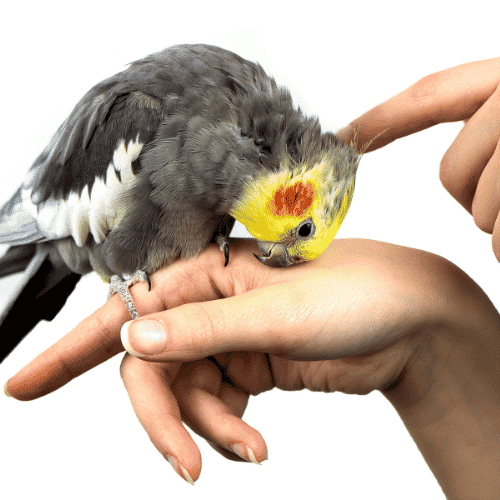
Beak grinding in birds is equivalent to purring in cats and is done as a way to soothe themselves. Most cockatiels grind their beaks to calm down at night to get ready for bed. However, the beak grinding behavior signals a concern if it is excessive. If you notice the cockatiel grinding its beak at times other than before bedtime, if there is any damage to its beak, or if the grinding lasts for a significantly long period, you should consult a vet to find out whether your bird has any health issue.
Understanding Cockatiel Beak Trimming
One of the reasons behind beak grinding, as believed by many, is a way for cockatiels to trim their beaks so that they don’t grow too long. Though this hypothesis is not confirmed, it is worth noting that the bird experiences no pain in doing this, as it is just like trimming nails. It tries to keep its beak naturally trimmed, clean, and healthy.
Though most cockatiels take action to keep their beaks from growing too much, if you notice that it is getting too long, you should avoid trimming them yourself. Cockatiels generally have a huge blood supply passing through the beak which you can damage to induce bleeding. The best way to deal with an overgrown beak is to take the pet to a vet who examines the beak and advises on whether it needs to be trimmed.
You can give your cockatiel a cuttlebone, hard food items, or a trimming toy on which it can grind its beak. Cuttlebone is not only a nice treat but also quite nutritious and provides the bird with calcium and other vitamins. It is a safe way to keep your pet’s beak trim and clean without doing anything on your end.
How Long Do Cockatiels Live? A Completed Guide – Updated 2022
Best Cockatiel Beak Trimming Toys
There are several ways you can help your cockatiel keep its beak trim and healthy. Apart from cuttle bones, birds can be given hard food items like crunchy vegetables, seeds, hard pellets, and nuts to support beak wear. Another way to ensure that your cockatiel doesn’t end up getting an overgrown beak is to get trimming toys available in the market.
Beak trimming toys help birds maintain the size and shape of their beaks so that they don’t suffer from problems associated with overgrowth. Introduce chew toys into their cage to encourage repetitive chewing action that wears their beak down and prevents overgrowth. The best toys are those made out of untreated, natural wood as these are non-toxic and safe for the bird’s health.
Apart from wooden toys, you can use mineral blocks, ladders, plastic beads, coconut pieces, and other items that your birdie can play with and chew on. Natural branches and grooming perches are also great as they prevent the overgrowth of the beak while keeping the pets entertained. The market offers a wide variety of cockatiel beak trimming toys; make sure you choose those built to be safe for these little birds and free of any harmful ingredients or chemicals.
Other Common Cockatiel Beak Problems
Besides beak grinding, cockatiels are known to exhibit several other beak-related behaviors and issues. One of the most common of these is beak banging where the bird is seen banging its beak against an object or mirror. There is nothing to worry about this as it is a common behavior associated with mating and your bird is likely to do this if it lives with a female.
A cockatiel can also grind its beak at times other than roosting. It might be trying to catch your attention with this sound, so make sure you give them enough attention and spend a good amount of time with them during the day.
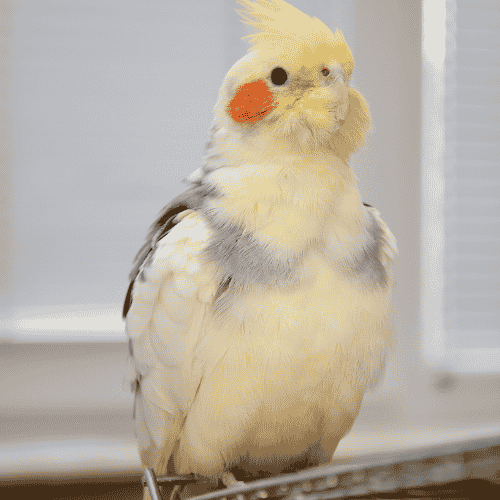
If beak grinding is noticed to be excessive and accompanied by other behavior changes like chewing cage bars and plucking feathers, it can denote something serious. There is a possibility that your pet is experiencing pain or discomfort from an illness or injury. If you find that your cockatiel grinds its beak too much and shows symptoms like appetite loss or lethargy, you should consult a veterinarian at the earliest to find out what is wrong with the bird.
Final Thoughts
Beak grinding in cockatiel is a behavior that can concern any new birdkeeper. Fortunately, it is a way for these birdies to soothe themselves and relax, so there is nothing to stress about. Just make sure you spend enough time with your pet daily, feed it a balanced diet, and give it something to grind on. The next time you hear this sound, rest assured that you are being a great pet parent and your cockatiel is happy and content.

Doctor of Veterinary Medicine (D.V.M.) at Nation Taiwan University,Master of Science (M.S.) in Biomedical Engineering at National Taiwan University of Science and Technology
